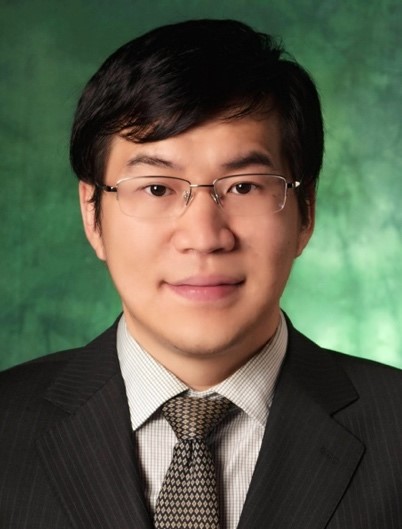
报告题目:Distributed Optimization and its Applications in Power Systems
报 告 人:杨涛 教授(北德州大学)
报告时间:2019年6月24日16:00-17:00
报告地点:南一楼中311室
Abstract:
In this talk, we consider the optimal coordination problem for distributed energy resources (DERs) including distributed generators and energy storages. We first propose an algorithm based on the push-sum and gradient method to solve the optimal DER coordination problem in a distributed manner. In the proposed algorithm, each DER only maintains a set of variables and updates them through information exchange with a few neighboring DERs over a time-varying directed communication network. We show that the proposed distributed algorithm with appropriately chosen diminishing step-sizes solves the optimal DER coordination problem if the time-varying directed communication network is uniformly jointly strongly connected. Moreover, in order to improve the convergence speed and to reduce the communication burden, we propose an accelerated distributed algorithm with a fixed step-size. We show that the new proposed algorithm exponentially solves the optimal DER coordination problem if the cost functions satisfy an additional assumption and the selected step-size is less than a certain critical value. Both proposed distributed algorithms are validated and evaluated using the IEEE 39-bus system.
Biography:
Tao Yang is an Assistant Professor at the Department of Electrical Engineering, University of North Texas. He received the Ph.D. degree in electrical engineering from Washington State University in 2012. Between August 2012 and August 2014, he was an ACCESS Post-Doctoral Researcher with the ACCESS Linnaeus Centre, Royal Institute of Technology, Sweden. He then joined the Pacific Northwest National Laboratory as a postdoc, and was promoted to Scientist/Engineer II in 2015. His research interests include distributed control and optimization with applications to power systems, cyber physical systems, networked control systems, and multi-agent systems. He received Ralph E. Powe Junior Faculty Enhancement Award and Best Student Paper award (as an advisor) of the 14th IEEE International Conference on Control & Automation.